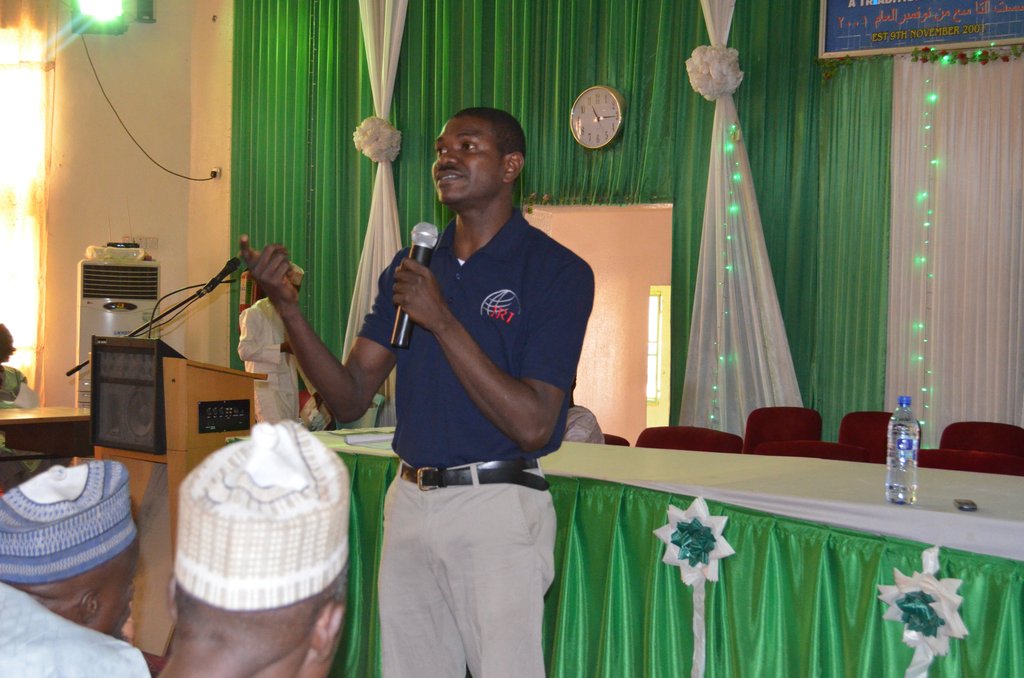
As a young and curious university student in 1998, I anxiously waited at the Benue Hotel in Makurdi where prominent politicians and activists in Nigeria gathered to discuss the new transition to democracy.
The meeting not only shaped the formation of the Peoples’ Democratic Party (PDP), which would go on to serve as Nigeria’s ruling party for 16 years – but also produced the roadmap for a smooth political transition from military to civilian rule. Having grown-up under military dictatorships, the short-lived quasi-democratic government of 1991-1993 had a significant impact on my developing view of governance. The possibility of having a military leader operate under a democratic arrangement and the controversial annulment of the June 12 election were unprecedented events that were difficult for me to decipher. Since that time, I have become an ardent supporter of the events that promoted and shape democracy.
My attraction to democracy has centered on its widely advertised prospects of press freedom, adherence to human rights, citizens’ participation in governance and the notion that democracy guarantees economic prosperity. I watched with keen interest every aspect of the handing over ceremony that took place in May 1999 and carefully followed the series of remarkable changes that democracy brought to the political scene. It was interesting how PDP’s zoning arrangement incorporated all sections of the country into government and quelled the escalating ethno-religious crises that had engulfed the country. Although economic recovery was difficult due to weak infrastructure and a sagging economy, I noticed that Nigerians were overwhelmingly supportive of the move to democracy and the ability to exercise their new civic duty.
However, my concern has been the need for increasing political and economic opportunities especially for women and youth in Nigeria. After joining IRI, I became engrossed with the desire to advocate for the inclusion of all Nigerians in political parties. Because of the Institute’s efforts, political parties and government officials have become more aware of the need to create space for marginalized groups. The All Progressives Congress (APC) –Nigeria’s current ruling party – has given leadership positions to persons with disabilities (PWD) and PDP is currently considering developing its women and youth wings. I am convinced that as our democracy matures, the election process will become more competitive and inclusive and the anticipated economic prosperity will trickle in – bit by bit.
Top